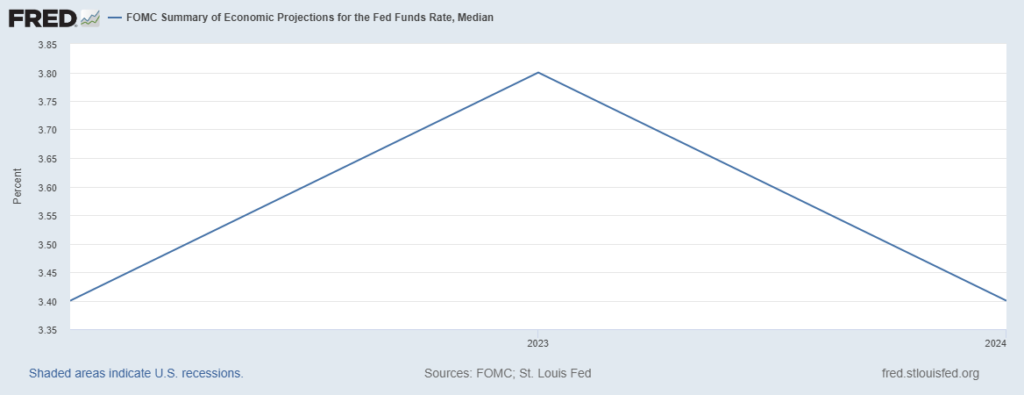Negli ultimi mesi i mercati finanziari sono scesi da livelli record, soprattutto a causa dell'aumento del tasso di cambio. inflazione, escursioni tassi di interesse dalle Banche Centrali, e la possibilità di una recessione imminente che ha determinato un sentimento negativo negli investitori. Questo scenario ha causato un deflusso di fondi dalle azioni, in quanto gli investitori si sono orientati verso classi di attività meno rischiose.

However, markets have been rallying in the recent weeks getting a big boost from July’s Indice dei prezzi al consumo (CPI), che ha mostrato un'inflazione inferiore alle attese, ha avuto un effetto positivo su azioni e obbligazioni, nonché sulle criptovalute, segnalando così che gli investitori sono cautamente rialzisti. Secondo Reuters, gli investitori hanno acquistato fondi azionari statunitensi per un valore di 6,85 miliardi di dollari, mentre i fondi europei e asiatici hanno registrato deflussi rispettivamente di 3,53 e 0,23 miliardi di dollari. Tra i fondi settoriali, quelli tecnologici, finanziari e dei beni di consumo hanno registrato afflussi per 1,29 miliardi di dollari, 0,93 miliardi di dollari e 0,50 miliardi di dollari rispettivamente.
Such bullish expectations have led to a weaker dollar. Although a weak global economy benefits the dollar because is the world’s reserve currency, a weaker dollar will put upward pressures on Importazioni statunitensi and could increase the price of commodities; this could benefit stock markets but damage the overall economy because a weaker dollar means rising prices, which in turn means rising inflation, vanishing the FED’s effort to reduce inflation through monetary tightening policies put in place lately. In fact, with inflation slightly declining, gas prices dropping and improving consumer sentiment, investors are setting expectations that the FED will cut interest rates next year to bolster the economy, thus benefiting stock prices.
Additionally, Q2 earnings pleased the market as companies look like they are managing inflationary pressures very well and demand doesn’t show signs of dramatics tailing off. Important will be to understand if earnings will hold well enough to keep markets at these levels and even send it higher. There is, although, the incumbent worry that hikes in interest rates are going to curb consumptions by consumers and settle in the real economy, thus affecting negatively future earnings.
Investors are now awaiting this week’s Jackson Hole meeting in hope to get more clarity from FED’s Chairman Powell on what to expect ahead. It is unclear what signal will Powell give but investors are eager to get any signal; indeed, investors will be hanging on each word and what is the tone, in order to get a clearer understanding.
Alla luce di tutto ciò, ora è molto difficile individuare i titoli giusti da acquistare. A luglio abbiamo assistito a dati sull'inflazione inferiori alle attese, che hanno portato una sorta di sollievo a breve termine ai mercati dopo la stretta monetaria messa in atto dalla FED e da altre Banche Centrali in tutto il mondo, ma l'aumento del costo della vita ha spinto le famiglie a fare trading verso i beni più essenziali, tagliando la spesa discrezionale semplicemente perché i consumatori non possono permettersi acquisti discrezionali sotto tali pressioni.
This is a time where investors need to make sure they have a very well diversified portfolio and no single major big positions, because what’s ahead is such an uncertain outlook, and they need to look across different asset classes as well to trying give their portfolio that extra balance needed for facing the current situation.
